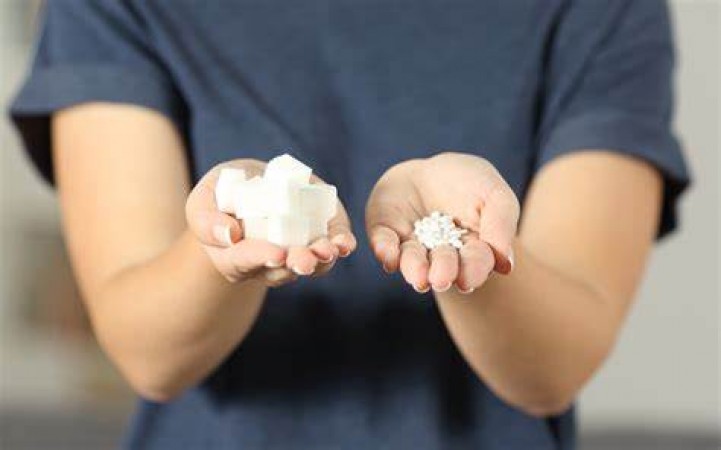
In today's health-conscious world, many individuals opt for artificial sweeteners to cut down on sugar intake while enjoying their daily cup of tea. However, the use of artificial sweeteners in tea is not without its potential drawbacks and concerns. In this article, we will delve into the various issues that may arise from adding artificial sweeteners to your tea. Let's explore why you should think twice before reaching for that sugar substitute.
Artificial sweeteners are often marketed as zero-calorie alternatives, enticing health-conscious consumers. However, the reality may not be as simple as it seems.
Studies suggest that consuming zero-calorie sweeteners may disrupt the body's metabolism, potentially leading to weight management challenges.
Artificial sweeteners are intensely sweet, far sweeter than sugar. This can desensitize your taste buds, leading to increased cravings for sugary foods.
Consuming artificial sweeteners might inadvertently lead to overindulgence in other calorie-rich sweet treats.
Emerging research suggests that artificial sweeteners may disrupt the balance of beneficial bacteria in your gut.
Some individuals may experience gastrointestinal issues, such as bloating and discomfort, after consuming products with artificial sweeteners.
Contrary to expectations, artificial sweeteners may not be suitable for individuals with diabetes, as they can potentially affect blood sugar regulation.
The long-term health effects of artificial sweeteners remain a subject of debate among researchers, adding uncertainty to their safety.
Artificial sweeteners can stimulate the brain's reward centers, potentially perpetuating cravings for sweet foods.
People who consume artificial sweeteners may develop unhealthy emotional eating habits.
Consider using natural sweeteners like honey or maple syrup in moderation as alternatives to artificial sweeteners.
Practice mindful consumption by reducing your overall intake of sweeteners, whether artificial or natural. Incorporating artificial sweeteners into your tea may seem like a guilt-free choice, but it's essential to be aware of the potential health concerns they pose. While they offer a sugar-free alternative, their impact on metabolism, cravings, gut health, and long-term well-being cannot be ignored. When it comes to sweetening your tea, moderation and exploring natural alternatives may be the keys to enjoying a healthier and more balanced lifestyle.
Delicious Homemade Dry Fruit Kheer: A Nutty and Creamy Dessert
The Right Way to Eat Almonds: Benefits, Precautions, and Potential Harm
Know what to eat and what not to eat with eggs, otherwise you will cause big loss